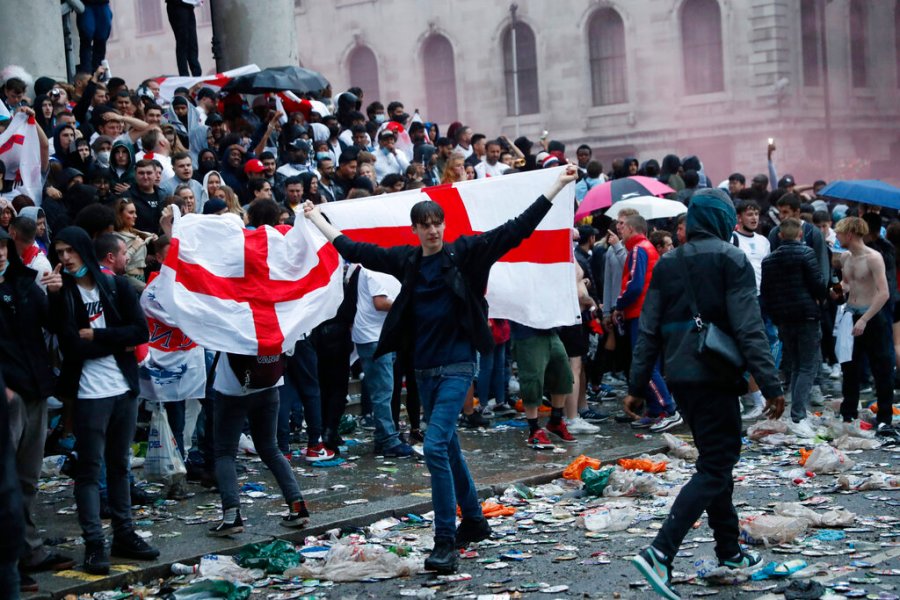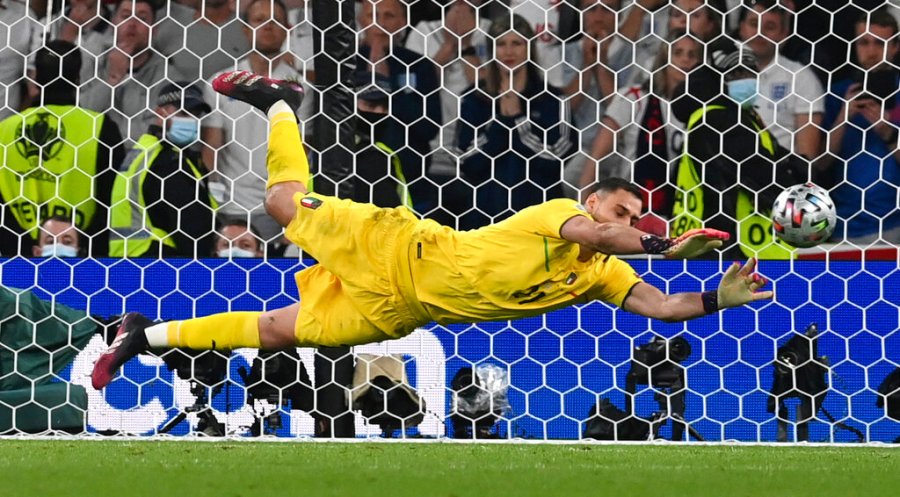President Biden unveils $2.3 trillion infrastructure plan, proposes raising corporate tax rate
WASHINGTON (NewsNation Now) — President Joe Biden unveiled the first phase of his “Build Back Better” package Wednesday that would unleash $2.3 trillion in new spending on four main hard infrastructure categories — transportation; public water, health and broadband systems; community care for seniors; and innovation research and development.
Speaking at a carpenters union training center in Pittsburgh, Biden drew comparisons between his hard-hatted proposed transformation of the U.S. economy and the space race — and promised results as grand in scale as the New Deal or Great Society programs that shaped the 20th century.
“It’s a once-in-a-generation investment in America, unlike anything we’ve seen or done,” Biden said. “It’s big, yes. It’s bold, yes. And we can get it done.”
White House officials say the spending would generate those jobs as the country shifts away from fossil fuels and combats the perils of climate change. It is also an effort to compete with the technology and public investments made by China, which has the world’s second-largest economy and is fast gaining on the United States’ dominant position.
“I’m convinced that if we act now, in 50 years people are going to look back and say this is the moment when America won the future,” Biden said.
During his speech, he proposed increasing the corporate tax rate to 28% to pay for his plan. He specifically cited Amazon as an example of a company that could pay more in taxes.
“Fireman and teacher paying 22%. Amazon and 90 other major corporations paying zero in federal taxes. I’m going to put an end to that,” said Biden.
Biden did acknowledge that there might be objections to increasing the corporate tax. He explained he is “open to ideas” from other Democrats or Republicans in how to have a bipartisan infrastructure plan.
“And I don’t think you’ll find a Republican today in the House or Senate, and maybe I’m wrong gentlemen, who doesn’t think we have to improve our infrastructure,” said Biden. “The divisions of the moment shouldn’t stop us from doing the right thing for the future.”
Biden says his proposal for a series of infrastructure investments would require $2.3 trillion in spending over eight years but could create millions of jobs.
Funding for the plan
Funding for the plan will come from raising the corporate tax rate from 21% to 28% which would unwind the lower corporate rate put in place by the Trump administration.
At a private briefing Tuesday for the top lawmakers of both parties, the administration shared plans for the first phase with Democratic committee chairmen and the top Republicans on the panels. The details were provided by people familiar with the call and granted anonymity to discuss it.
The White House team led by National Economic Council Director Brian Deese explained that the $2.3 trillion in spending would unfold over eight years, paid for by the corporate tax increases over 15 years.
That’s an accounting maneuver outside of the traditional 10-year budget window used by Congress, meaning it will likely run into trouble with budget rules and will need to be adjusted.
The next phase would focus on soft infrastructure investments in child care, family tax credits and other domestic programs, paid for by tax hikes on wealthy individuals and families.
Funding Biden’s infrastructure initiative with tax hikes has been controversial. Raising the corporate tax rate would generate some $700 billion over 10 years, one of the people at the private briefing said. Biden promised on the campaign trail not to raise individual taxes on those earning less than $400,000 but new details on the individual tax hikes were scant at Tuesday’s briefing.
Even though Republicans were invited to join Tuesday’s briefing, key GOP leaders are already panning the package as too big and too costly for them to support.
“It seems like President Biden has an insatiable appetite to spend more money and raise people’s taxes,” said Rep. Steve Scalise of Louisiana, the GOP whip, in an interview.
Scalise predicted that, if approved, the new spending and taxes would “start having a negative impact on the economy, which we’re very concerned about.”
White House press secretary Jen Psaki said the president believes there’s “more that can be done to make the corporate tax code fair, to reward work not wealth, to ensure that we can invest in the future industries that are going to help all people in this country.”
Biden’s new package proposes a massive investment on par with Franklin Roosevelt’s New Deal or Lyndon Johnson’s Great Society.
Sweeping in scope, the ambitious plan aims to make generational investments in infrastructure, revive domestic manufacturing, combat climate change and keep the United States competitive with China, according to administration officials.
Emphasizing urgency, the administration wants to see progress on the new legislation by Memorial Day and have it passed over the summer, White House officials said.
Unlike the swift passage of the COVID-19 bill that exposed the president to criticism for going it alone with only Democratic votes, White House officials believe this time there will be far more opportunity to win some GOP support on Capitol Hill.
As the committees in Congress begin to tackle individual provisions — including those on transportation, China and others — some legislation could be peeled off for bipartisan support. Then Congress will work through the tax increases separately, according to officials.
An official at the U.S. Chamber of Commerce who insisted on anonymity to discuss the private talks said the administration is genuinely interested in working with Republicans on infrastructure, even though the tax hikes would likely be a nonstarter.
INFRASTRUCTURE PROJECTS
A closer look at where the money is going and where it’s coming from:
— $115 billion to modernize the bridges, highways and roads that are in the worst shape. The White House outline estimated 20,000 miles (32,187 kilometers) of roadways would be repaired, while economically significant bridges and 10,000 smaller bridges would get fixed.
— $85 billion for public transit, doubling the federal government’s commitment in an effort to shorten the repair backlog and expand service.
— $80 billion to modernize Amtrak’s heavily trafficked Northeast Corridor line, address its repair backlog and improve freight rail.
— $174 billion to build 500,000 electric vehicle charging stations, electrify 20% of school buses and electrify the federal fleet, including U.S. Postal Service vehicles.
— $25 billion to upgrade air travel and airports and $17 billion for waterways and coastal ports.
— $20 billion to redress communities whose neighborhoods — typically nonwhite — were divided by highway projects.
— $50 billion to improve infrastructure resilience in the aftermath of natural disasters.
— $111 billion to replace lead water pipes and upgrade sewer systems.
— $100 billion to build high-speed broadband that provides 100% coverage for the country.
— $100 billion to upgrade the resilience of the power grid and move to clean electricity, among other power projects.
— $213 billion to produce, preserve and retrofit more than 2 million affordable houses and buildings.
— $100 billion to upgrade and build new schools.
— $18 billion to modernize Veterans Affairs hospitals and clinics, and $10 billion for federal buildings.
— $400 billion to expand long-term care services under Medicaid.
— $180 billion invested in research and development projects.
— $300 billion for manufacturing, including funds for the computer chip sector, improved access to capital and investment in clean energy through federal procurement.
— $100 billion for workforce development.
TAX INCREASES
Biden’s plan would finance projects by:
— Raising the corporate tax rate from 21% to 28%, one of the measures that over 15 years would cover the cost of the infrastructure program and then help to reduce the budget deficit.
— Imposing a 21% global minimum tax, so that companies cannot avoid taxes by shifting income to low-tax countries.
— Making it harder for businesses to merge with foreign companies to avoid U.S. taxes, a process known as inversion.
— Eliminating tax breaks for companies that shift assets abroad, and denying deductions for offshoring jobs.
— Imposing a 15% minimum tax on the income that corporations report to shareholders.
— Eliminating tax preferences for the fossil fuels sector.
— Increasing IRS audits of large corporations.

















